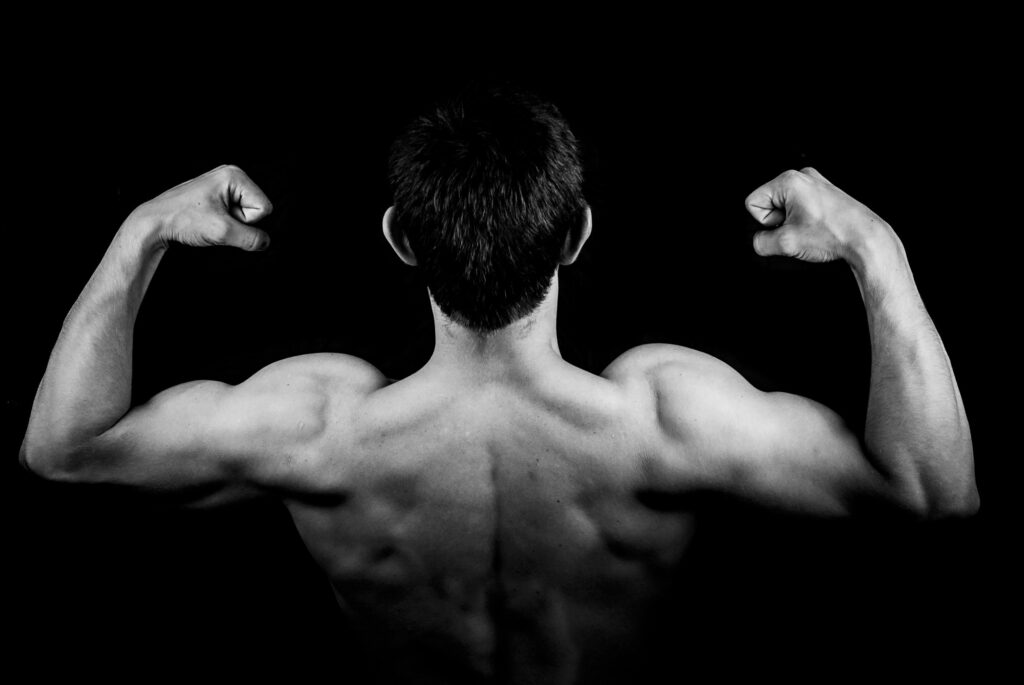Water fasting is a type of fasting where a person abstains from consuming any food and only consumes water for a certain period of time. It has gained popularity in recent years due to its claimed health benefits, including weight loss, improved digestion, increased energy, and detoxification. However, one concern that often arises with water fasting is the potential loss of muscle mass. In this article, we will explore the factors that affect muscle loss during water fasting and provide insights on how long one can water fast without losing muscle.

Muscle loss during water fasting is a complex process that depends on various factors, including the duration of the fast, the individual’s body composition, physical activity level, and overall health status. Let’s take a closer look at these factors:
- Duration of the fast: The duration of the water fast plays a crucial role in determining the extent of muscle loss. Short-term water fasting, which typically lasts for 24-72 hours, is unlikely to cause significant muscle loss as the body can use its glycogen stores (stored glucose) for energy during this period. However, as the duration of the fast extends beyond 72 hours, the body starts to utilize other sources of energy, including muscle protein, to meet its energy needs. Therefore, the risk of muscle loss increases with longer water fasts.
- Body composition: Another important factor that affects muscle loss during water fasting is an individual’s body composition, which refers to the proportion of lean mass (muscle, bones, organs) to fat mass in the body. Individuals with higher lean mass are generally at a lower risk of muscle loss during water fasting compared to those with lower lean mass. This is because muscle tissue is more metabolically active and provides a significant source of energy during fasting. Moreover, individuals with higher body fat stores may have more energy reserves to sustain themselves during a water fast, which can help minimize muscle loss.
- Physical activity level: The level of physical activity during water fasting can also influence the extent of muscle loss. Engaging in regular physical activity, especially resistance training, can help stimulate muscle protein synthesis and minimize muscle loss during a water fast. However, it’s important to note that intense exercise may not be advisable during extended water fasts as the body may lack the necessary energy and nutrients to support high-intensity workouts. Consulting with a healthcare professional or a qualified fitness expert before engaging in any physical activity during water fasting is recommended.
- Overall health status: The overall health status of an individual can also affect muscle loss during water fasting. Individuals with certain medical conditions, such as diabetes, cardiovascular disease, or other chronic diseases, may be at a higher risk of muscle loss during fasting due to alterations in metabolism and nutrient utilization. Additionally, older adults may be more susceptible to muscle loss during water fasting due to age-related muscle loss (sarcopenia) and reduced muscle protein synthesis rates. It’s important to consider one’s health status and consult with a healthcare professional before undertaking a water fast, especially if there are any underlying health conditions.
Based on these factors, it is difficult to provide an exact timeframe for how long one can water fast without losing muscle, as it varies from person to person. However, in general, shorter water fasts (24-72 hours) are unlikely to cause significant muscle loss, especially in individuals with higher body fat stores and lean mass. Beyond 72 hours, the risk of muscle loss increases, and it becomes crucial to consider other factors, such as body composition, physical activity level, and overall health status, to determine the appropriate duration of the water fast.
To minimize muscle loss during water fasting, it’s important to follow some best practices:
- Adequate hydration: Since water is the only source of intake during a water fast, it’s crucial to ensure adequate
